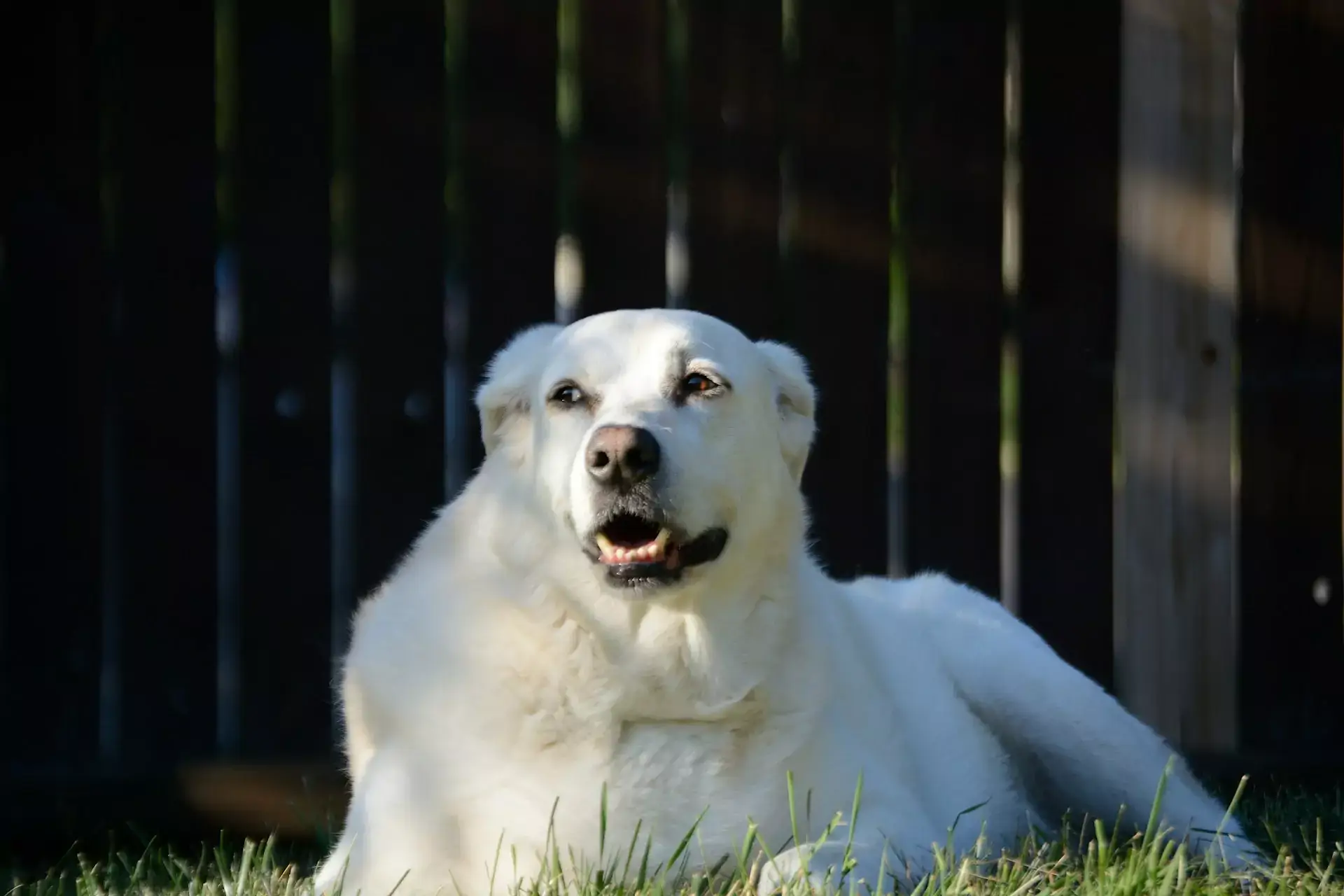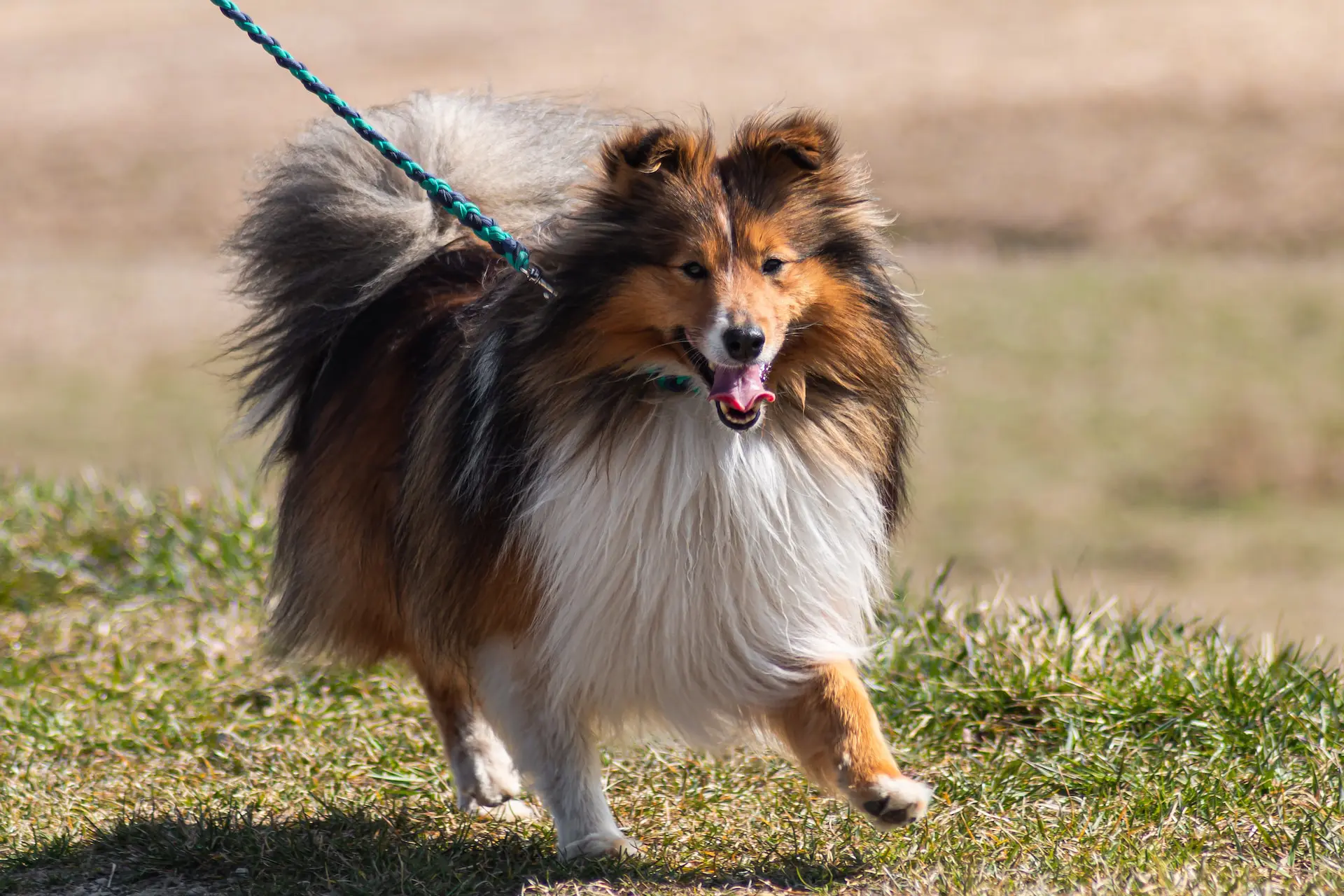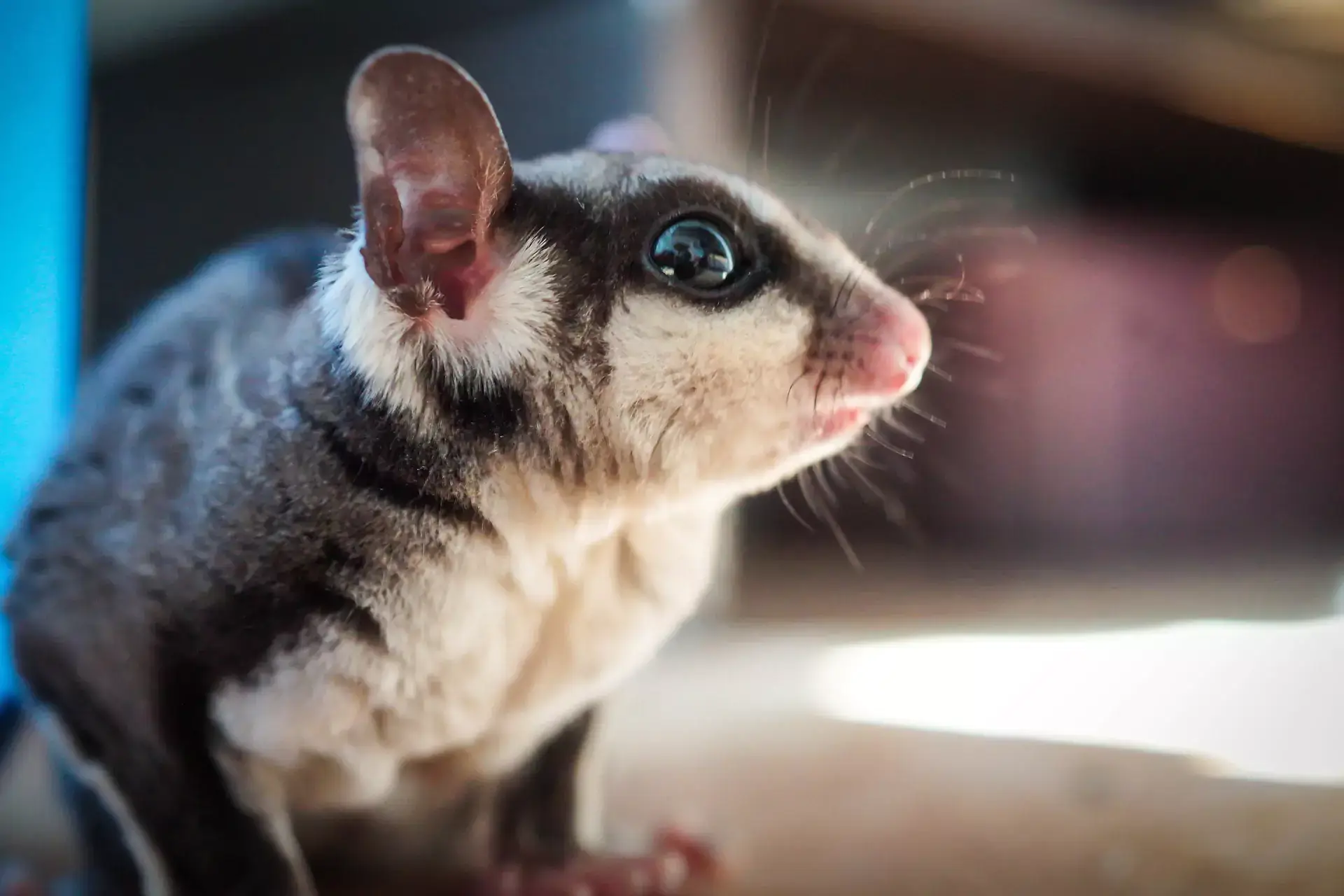Adopting A Senior Rabbit
November is Adopt A Senior Pet Month! While dogs and cats get most of the attention, there are also many lovable older bunnies that need homes. A Fort Myers, FL offers some advice on adopting a senior rabbit below.
Benefits
There are some pretty great advantages to adopting an older rabbit. For one thing, they’re super cute. Older rabbits are also often quite personable. While they may not be as frisky as baby bunnies, they’re still really fun. Senior bunnies tend to be very lovable and cuddly, and often settle in quite easily. Your furry buddy may also be litterbox trained, which is a huge plus.
Things To Consider
Adopting any animal is a huge decision. There definitely are some things for you to think over before proceeding. Bunnies can live about 8 to 12 years, so be sure you’re ready for a lifelong commitment. Your furball will be more prone to illness and injury than a younger bunny would be. If you have other pets, you’ll want to consider them as well.
Setup
Setting things up for an older rabbit is a little different than petproofing for a baby bunny. You’ll still need to do all the basic bunnyproofing, such as hiding small or sharp objects and protecting baseboards and furniture legs. However, you’ll also want to take steps to make sure your furry pal doesn’t injure herself slipping and falling. Setting out carpet runners or mats can help provide traction on hard floors. Floppy will also need a comfy bed. Keep your bun’s age in mind when setting her cage up and deciding where to put it. Pick a quiet spot where your tiny friend can see you and hear you, but won’t feel too exposed.
Research
If you’ve never had a rabbit before, you’ll probably be facing a bit of a learning curve when it comes to Floppy’s care. Bunnies have some very specific needs, which are different from those of cats and dogs. Do plenty of research, and ask your vet for advice.
Enjoy The Binkies
Once Floppy feels safe and settled, you may really see her fun and frisky side emerge. Binkies are basically bunny happy dances, and they’re as adorable as they sound. Senior bunny binkies are always extra cute!
Our Advice on Adopting A Senior Rabbit in 2024
What are the benefits of adopting a senior rabbit?
Adopting a senior rabbit comes with several benefits. These older bunnies are adorable, personable, and often very lovable. While they may not be as energetic as younger rabbits, they still offer plenty of fun and cuddles. Senior rabbits may also be litterbox trained, making them easier to care for. Adopting a senior rabbit can bring joy and companionship into your home while providing a loving retirement for an older pet.
What are the important considerations before adopting a senior rabbit?
Before adopting a senior rabbit, it’s crucial to consider a few factors. Firstly, be prepared for a long-term commitment, as rabbits can live 8 to 12 years. Additionally, older rabbits may be more prone to illness and injury, requiring attentive care. Consider your lifestyle and existing pets, ensuring compatibility with a new addition. Also, research rabbit care thoroughly, as their needs differ from those of cats and dogs. Finally, provide a safe and comfortable environment, taking precautions to prevent slips and falls, and offering a quiet space where your senior rabbit can feel secure yet connected.
What specific health conditions are senior rabbits more prone to?
Senior rabbits are more susceptible to various health conditions compared to younger ones. Common issues include dental problems like overgrown teeth and abscesses, gastrointestinal stasis, arthritis, and obesity. Additionally, they may experience age-related ailments such as cataracts and organ dysfunction. Regular veterinary check-ups are essential to monitor their health status and address any emerging concerns promptly. At our Fort Myers, FL clinic, we provide comprehensive care tailored to senior rabbits’ specific needs, ensuring they enjoy a comfortable and fulfilling life in their golden years.
What is the temperament of a senior rabbit typically like?
Senior rabbits often exhibit calm and affectionate temperaments. While they may not be as energetic as younger rabbits, they still enjoy human interaction and companionship. Many senior bunnies are notably cuddly and enjoy gentle petting and snuggling. They often have well-established personalities, making it easier for adopters to understand their preferences and needs. Additionally, senior rabbits may be more litterbox trained and less prone to destructive behavior compared to younger counterparts. Overall, their loving and mellow disposition makes them wonderful companions for individuals seeking a gentle and low-maintenance pet.
Should you expect a senior rabbit to adjust quickly, or does it take more patience?
Senior rabbits may take a bit more time to adjust to new surroundings compared to younger ones. However, with patience and gentle care, they can adapt well to their new environment. Establishing a consistent routine and providing a comfortable and secure living space can help ease their transition. Additionally, offering plenty of affection and spending quality time bonding with your senior rabbit can help build trust and facilitate a smoother adjustment process. While it may require some patience initially, the rewards of companionship and affection from a senior rabbit can be immensely fulfilling.
Do you have questions about bunny care? Please feel free to contact us, your Fort Myers, FL animal clinic, anytime!





